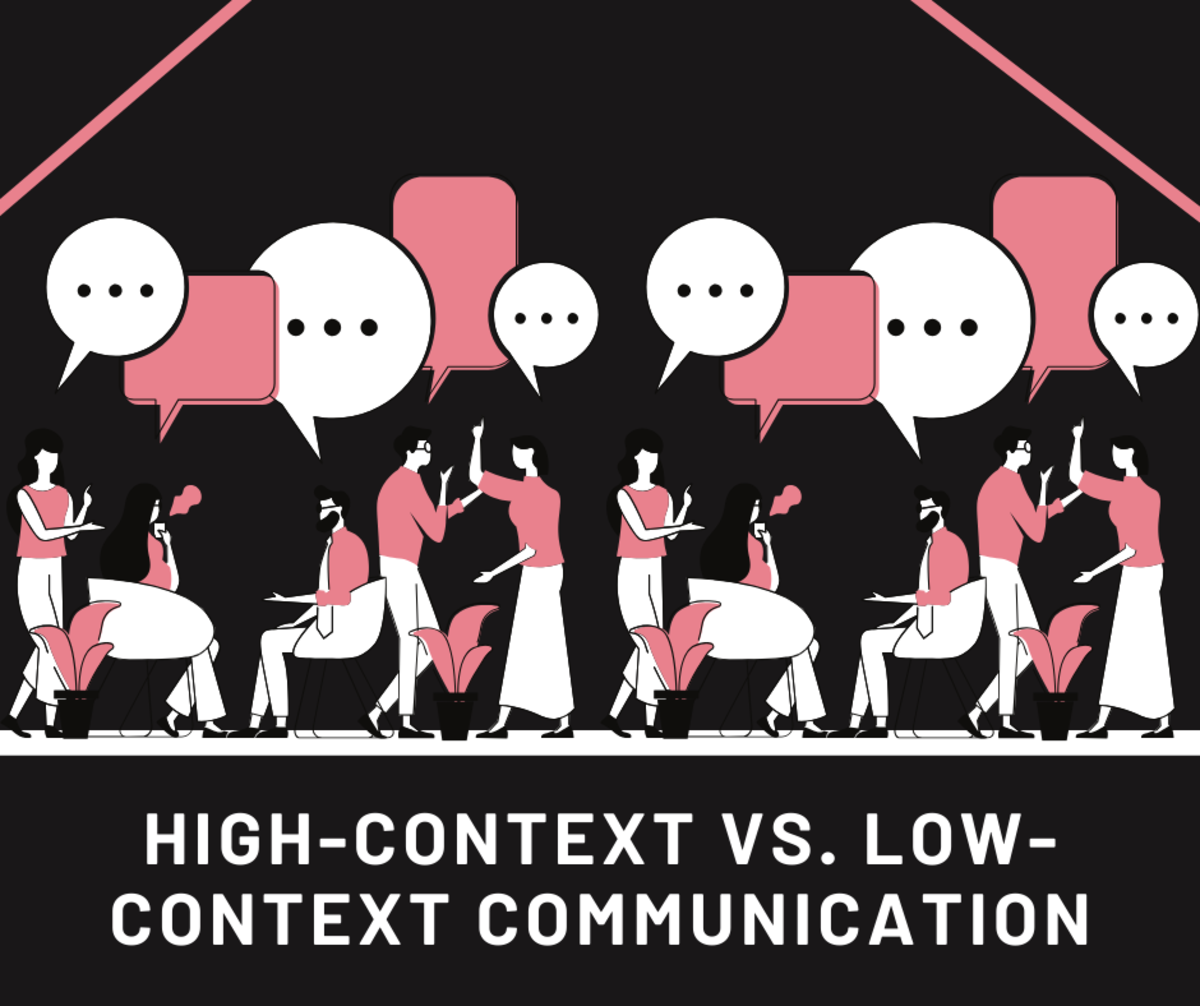Secrets of writing that persuades
Writing that persuades

Write to convince and persuade
There really is a science to persuasion. Here are some simple techniques that can help your writing persuade and convince others.
Words sell: use persuasive language
There are words and phrases that can help you sound more persuasive and convincing.
Reflect authority in your language. In other words, speak as if you are convinced about your argument.
Authorative and convincing language is simple and to the point. If you want someone to think or do something you have to spell it out to them clearly. For example, saying: “Generally speaking, most people like the taste of chocolate,” is less convincing than “Most people love chocolate.” You will notice that the second sentence is not only simpler, but also briefer.
Keeping words brief and simple also makes your message more understandable. People are less likely to get confused. You keep your message persuasive as readers are less likely to get sidetracked.
Keeping points short also keeps people interested. Most people don't have the time or inclination to absorb huge amounts of information.
The power of comparison and contrast
Generally speaking, it’s easier to move people over to your way of thinking gradually, than with one major argument.
Think of it this way. A series of small price increases are easier to cope with than one big price jump.
For example, if your favourite breakfast cereal increases in price by 10 cents you are likely to still buy it. If it increased overnight by $1.00 you might decide it was time to try a different brand. You are more likely to keep buying the breakfast cereal with the small price rise, even if the company gradually raises the price by 10 cent increments over the next few months, because you adjust gradually to the change.
So the lesson in all of this, is that you can’t expect people to alter their opinions dramatically straight away, they need to adjust to new ideas. It’s best to build up a series of arguments, rather than rely on one point, if you hope to change someone’s mind.
There are also certain words that tend to stand out and grab people's attention. These are the words you tend to notice in advertisements. They include: money, easy, new, you and now. Try to use these words when appropriate in your writing.
Speak about benefits
If you want to convince somebody, highlight what is it in it for them. At our core, we want to know how something benefits us. We don’t necessarily care about the actual features of something, we care about what it does for us. For example, the bottom line is that people don’t worry about the features of a hurricane shelter. What they care about is if the shelter is going to save the lives of themselves and their loved ones. Information about the proven effectiveness and safety record of the shelters will therefore be more convincing, than details about how thick the walls are.
Establish your authority and credibility
Logical arguments are won through credibility and logic.
When presenting an argument it is important to establish credentials. This is particularly so if your point of view is based on logic rather than emotional arguments.
Where possible use experts to back up arguments, rather than just voicing your own opinion. Directly quote what they have to say about a topic when you can. Make sure you explain why they are expert in the matter, it is a way of saying why they should be listened to.
Likewise, if you use sources that are not creditable, you loose authority and become less convincing. So be careful that you use genuine experts.
Structure your arguments around a theme
Give your arguments structure by focussing them around a theme. For example, if you are encouraging people to recycle their rubbish, you might build arguments around the theme of "keep our country beautiful."
If you can relate your arguments back to your theme you will write a more memorable and convincing piece. You will find that your writing also flows more logically and it is easier to build an argument.






